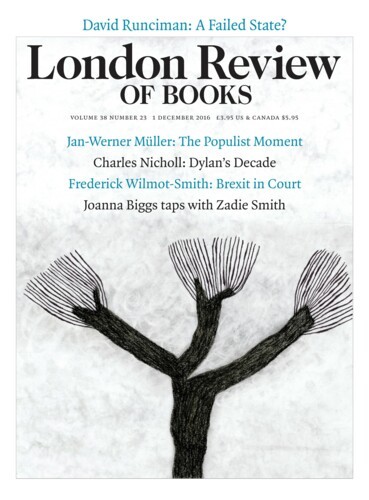Who speaks for the state? Brexit in Court
Frederick Wilmot-Smith, 1 December 2016
What is the proper distribution of power between Parliament and the executive? It’s a question raised by the recent High Court decision in Miller v. The Secretary of State for Exiting the European Union. Under Article 50 of the Lisbon Treaty, a member state must ‘notify the European Council of its intention’ to leave, commencing a two-year period of negotiations on the terms of its withdrawal. But who has the power to speak for the state?



